- Most Infamous Terrorist Leaders in History - April 22, 2025
- From Bamboo to Billions: How Smugglers Exploit China’s Wildlife Trade - April 10, 2025
- Environmental Corruption in South America: Nature for Sale - April 10, 2025
Rod Blagojevich (Illinois)

Rod Blagojevich, the 40th governor of Illinois, holds a notorious place in political history. His arrest in December 2008 sent shockwaves through the political landscape. Blagojevich was accused of trying to sell Barack Obama’s Senate seat after Obama became President. He was convicted in 2011 on 17 counts, including conspiracy to commit mail fraud and wire fraud. These convictions led to a 14-year prison sentence. His flamboyant personality and the shocking recordings of his conversations made his case a media sensation. In February 2020, President Donald Trump commuted his sentence, leading to his release from prison.
Edwin Edwards (Louisiana)
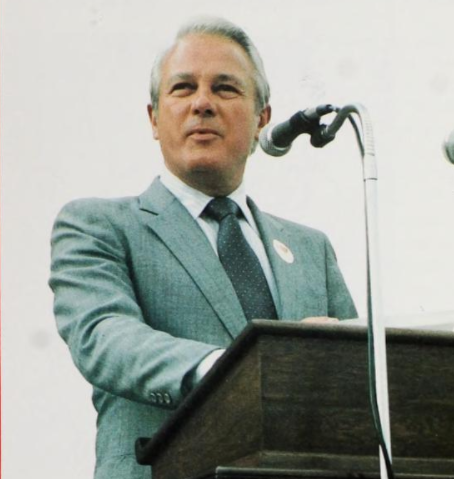
Edwin Edwards, a four-term governor of Louisiana, was a towering figure in his state’s political scene. Yet, his career was overshadowed by legal troubles. In 2000, Edwards was convicted on 17 counts, including racketeering, extortion, and fraud. These charges were linked to a scheme involving casino licenses. He was sentenced to 10 years in federal prison but served around 8 years. Known for his charisma and controversial policies, Edwards became a polarizing figure. His legal battles only added complexity to his legacy, painting a picture of both influence and infamy.
George Ryan (Illinois)
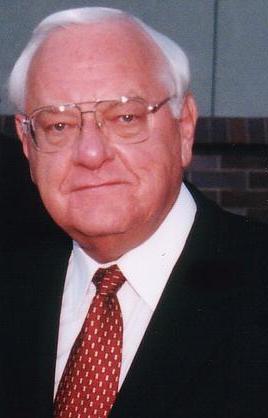
George Ryan, another Illinois governor, served from 1999 to 2003. His administration was riddled with corruption, centering on state contracts and licenses being exchanged for bribes. In 2006, Ryan was convicted of racketeering, conspiracy, and fraud and was sentenced to 6.5 years in federal prison. His case exposed deep-seated corruption in the Illinois government. This scandal led to significant political reforms aimed at curbing corruption. Ryan was released in 2013 after serving nearly 5 years, leaving behind a legacy of both scandal and reform.
Jim McGreevey (New Jersey)

Jim McGreevey, New Jersey’s 51st governor, is often remembered for his dramatic resignation in 2004 after coming out as gay. Yet, his political career was also tinged with scandal. Although he never served time for corruption, McGreevey was involved in a scandal regarding the hiring of a foreign national for a state job. This incident raised serious ethical questions about his administration. McGreevey’s story is often cited when discussing political accountability and the complex interplay of personal and professional conduct in public office.
Spiro Agnew (Maryland)

Spiro Agnew served as Maryland’s governor before becoming Vice President under Richard Nixon. His political career ended abruptly in 1973 due to a bribery scandal. Agnew pleaded no contest to tax evasion charges and was forced to resign. While he did not serve prison time as a governor, his case is notable for highlighting corruption at high government levels. Agnew’s fall from grace serves as a stark reminder of how political scandals can erode public trust and tarnish legacies.
David Paterson (New York)
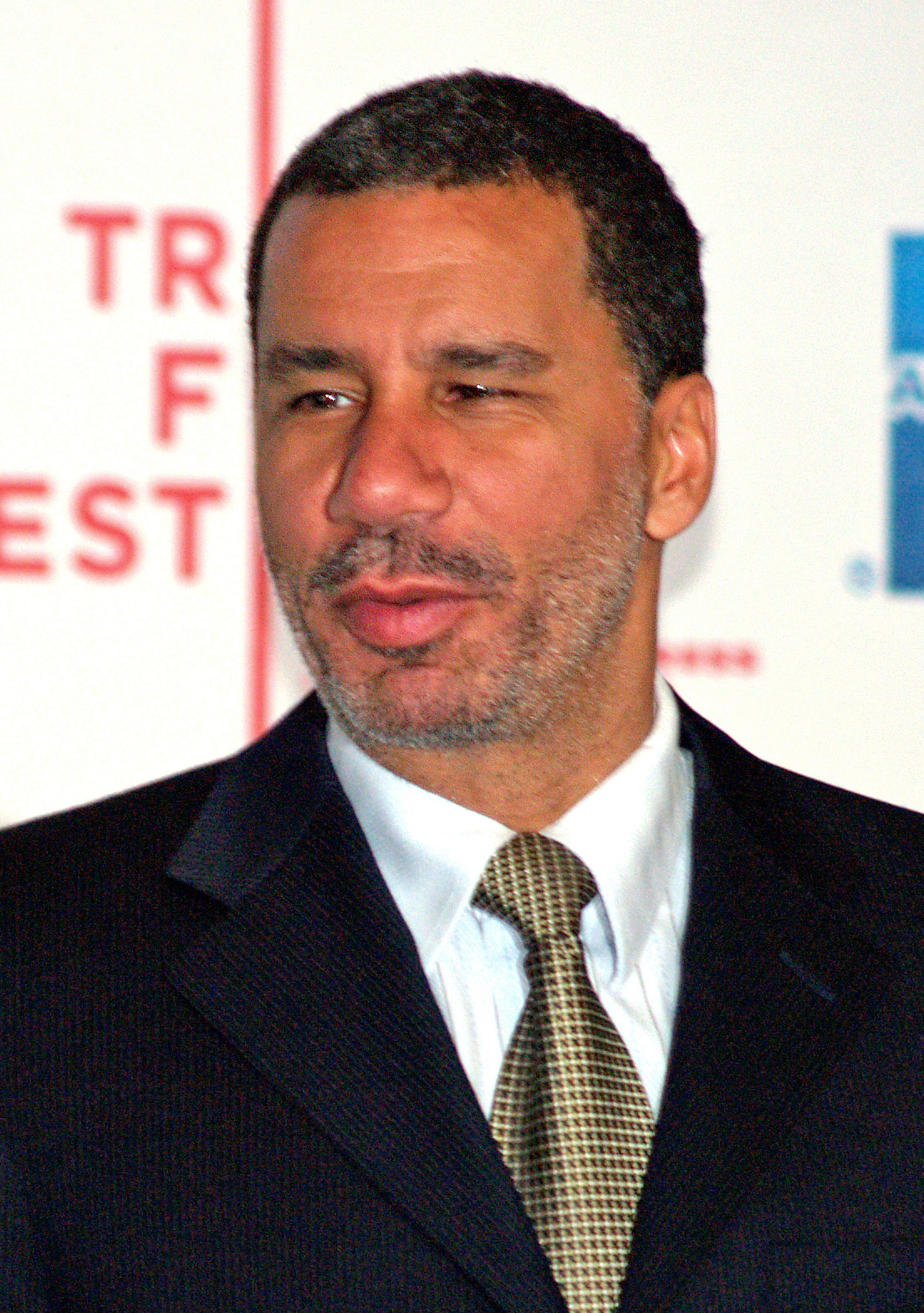
David Paterson, who took over as governor of New York after Eliot Spitzer’s resignation, faced a tumultuous tenure. Although he did not end up in prison, his administration was fraught with controversy. Paterson was implicated in misusing state funds and faced criticism for his handling of various issues. His tenure illustrates the ethical challenges public officials face and the intense scrutiny their actions undergo. Paterson’s case underscores the importance of transparency and accountability in public service.
Eliot Spitzer (New York)
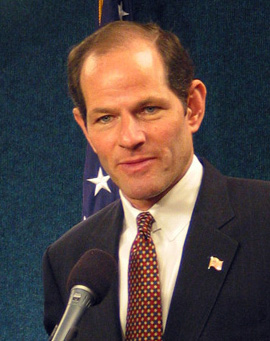
Eliot Spitzer, renowned for his tough stance against Wall Street as New York’s attorney general, saw his political career crumble in 2008. He resigned as governor after being linked to a prostitution ring. While Spitzer did not serve prison time, his fall is a cautionary tale about personal misconduct’s consequences. His case vividly demonstrates the critical importance of integrity and accountability in governance. Spitzer’s story serves as a reminder of how personal actions can derail even the most promising political careers.
Bill Clinton (Arkansas)

Bill Clinton, the 42nd President of the United States and former governor of Arkansas, faced significant legal challenges during his presidency. The Monica Lewinsky scandal led to his impeachment, though he was acquitted by the Senate. While Clinton did not serve time in prison, his case illustrates the complexities of political scandals. This scandal had a significant impact on his presidency and legacy. Clinton’s story is often cited in discussions about political accountability and the lasting effects of personal indiscretions.
John Rowland (Connecticut)
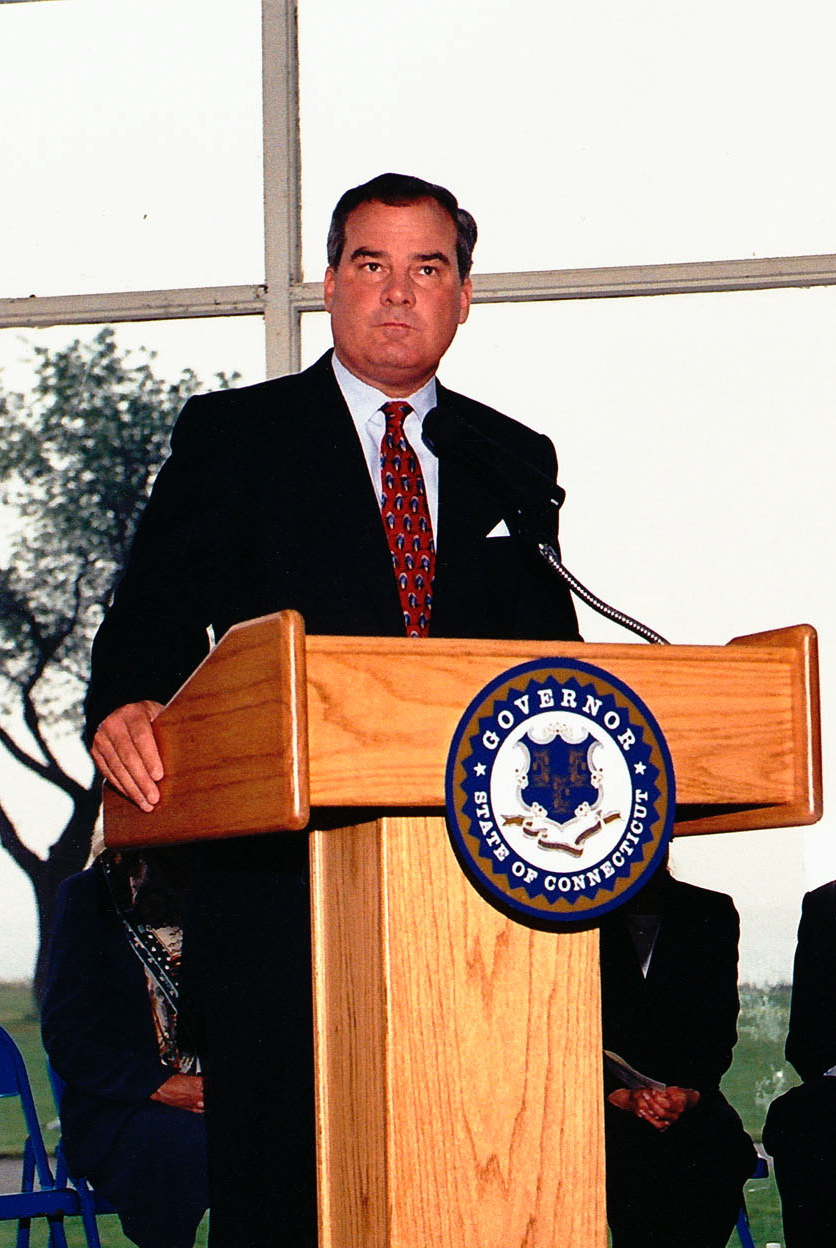
John Rowland, the 86th governor of Connecticut, became embroiled in a corruption scandal. In 2004, he was convicted on federal corruption charges related to a scheme involving state contracts. Rowland was sentenced to 30 months in prison and released in 2006. His case is a stark example of the consequences of corruption in government. Rowland’s downfall highlights the critical need for ethical leadership and the importance of maintaining public trust in governance.
The Legacy of Corruption
The stories of these governors serve as powerful reminders of corruption’s potential in politics. Each case underscores the need for accountability and transparency in governance. As citizens, it is crucial to remain vigilant and demand integrity from elected officials. Only through such vigilance can we hope to prevent similar scandals from recurring. These tales of fallen leaders highlight the importance of ethical conduct in public office and the lasting impact of political scandals on both individuals and society.



